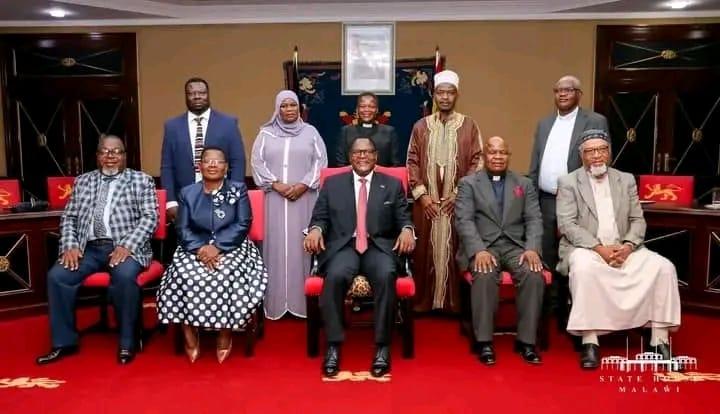By Burnett Munthali
Ismael Mkumba, the economic spokesperson for the United Democratic Front (UDF), has strongly criticized the recent economic policy announced by the Minister of Finance, describing it as a clear indication that Malawi’s economy is not performing well. According to Mkumba, the new policy does little to address the core challenges the country faces, particularly in terms of sustainable economic growth.
In a statement, Mkumba pointed out that the government’s reliance on external aid and foreign support is not a sustainable solution for Malawi’s long-term economic development. He emphasized that the country must shift its focus towards agriculture and trade, two sectors that have the potential to drive real economic growth.
“Malawi cannot continue to rely on foreign aid for its economic stability. The future of this country depends on investing in agriculture and trade,” Mkumba said. He argued that without developing these vital sectors, the country will continue to face stagnation and could miss out on opportunities for self-sufficiency and economic independence.
Mkumba further criticized the government’s recent economic plan, claiming that the measures outlined by the Finance Minister would not bring about any immediate or significant change. “The economic policy announced by the Minister does not offer a quick solution to the country’s challenges. The proposed measures are unlikely to have a meaningful impact on the economy in the short term,” he stated.
Highlighting the importance of focusing on agriculture, Mkumba urged the government to prioritize initiatives that can boost productivity in the sector, which is a major employer and contributor to Malawi’s GDP. He noted that investments in agriculture could improve food security, create jobs, and reduce the country’s dependency on imports.
Additionally, Mkumba called for greater emphasis on trade, especially in regional markets. Strengthening trade relations within the Southern African Development Community (SADC) and beyond could open new markets for Malawian products and enhance the country’s economic growth prospects.
The UDF spokesperson also warned that the country’s economic policies need to be better aligned with the realities of the Malawian population. “Economic policies should reflect the needs and aspirations of the people, focusing on practical solutions that address the root causes of poverty and unemployment,” Mkumba concluded.
The concerns raised by Mkumba come at a time when Malawi faces significant economic challenges, including rising inflation, a weak currency, and high levels of poverty. It remains to be seen how the government will respond to these criticisms and whether the proposed economic measures will lead to tangible improvements in the country’s economic situation.




